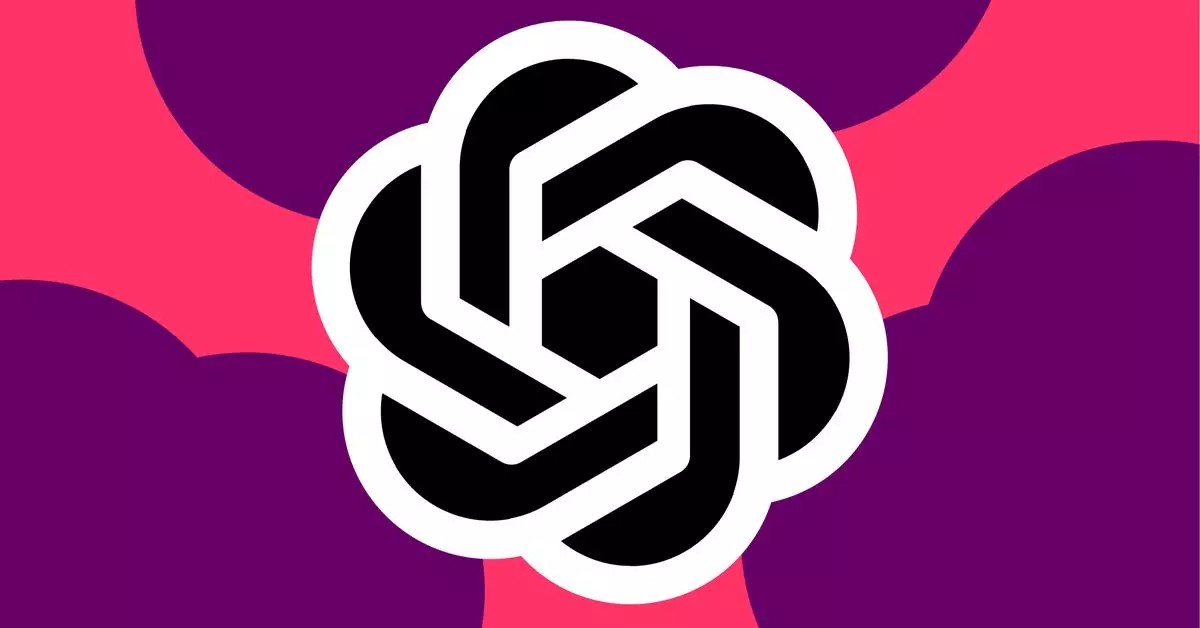OpenAI has taken a significant step in making artificial intelligence more accessible with the introduction of a voice-based service for ChatGPT. Recently, the company launched a unique initiative, allowing users to interact with ChatGPT over the phone for up to 15 minutes at no cost, utilizing the number 1-800-CHATGPT. This new feature represents a strategic move to bring AI technology to a broader audience, particularly those who may not be familiar with digital interfaces. This initiative, highlighted by OpenAI’s Chief Product Officer Kevin Weil, aims to simplify the interaction with AI and make it as user-friendly as possible.
For users based in the US, this means they can engage directly with ChatGPT without the need for an internet connection or a compatible device. The voice interaction is powered by OpenAI’s Realtime API, and additionally, users across the globe can reach out via WhatsApp through a dedicated number. This global outreach strategy highlights OpenAI’s commitment to bridging the digital divide and ensuring that advanced AI technology can reach those who might not have easy access to standard online platforms.
While the 15-minute limit on calls is noteworthy, it also raises questions about the long-term sustainability of the service. Users are allowed one free call per phone number each month, which can be seen as both an opportunity and a restriction. On the one hand, the limitation encourages users to explore other channels, such as obtaining multiple Google Voice numbers to extend their interaction time. However, this also means that dedicated users could feel constrained by the apparent artificial boundary.
Interestingly, this initiative mirrors past attempts at voice services, notably Google’s discontinued GOOG-411. Launched in 2007, this service was designed to streamline directory assistance through voice while simultaneously gathering voice samples to enhance speech recognition technology. In that context, OpenAI has pledged not to use data from these callers to train their language models, distinguishing their approach from earlier models while aiming to nurture user confidence in engaging with AI.
This voice feature isn’t just a novel idea; it signals a paradigm shift in how users might engage with AI in their everyday lives. OpenAI hopes that, by offering a simplified version of ChatGPT, newcomers will feel more comfortable exploring AI’s capabilities without the intimidation often associated with digital tools. This proactive leap demonstrates that OpenAI is attentive to the diverse needs of its user base, from casual users seeking assistance to more experienced individuals exploring deeper functionalities.
Moreover, as more organizations envision the future of technology in similar terms, the potential for voice-trained AI could redefine our interactions with machines. As the lines between technology and daily life blur, services like ChatGPT over the phone could set the foundation for a future where AI is as commonplace as a simple phone call.
OpenAI’s recent developments embody the essence of making AI more user-centric and adaptable, evoking curiosity and interest in a space that is often viewed as complex. This initiative is not just a feature; it represents the journey towards embedding AI into the fabric of everyday experiences.

